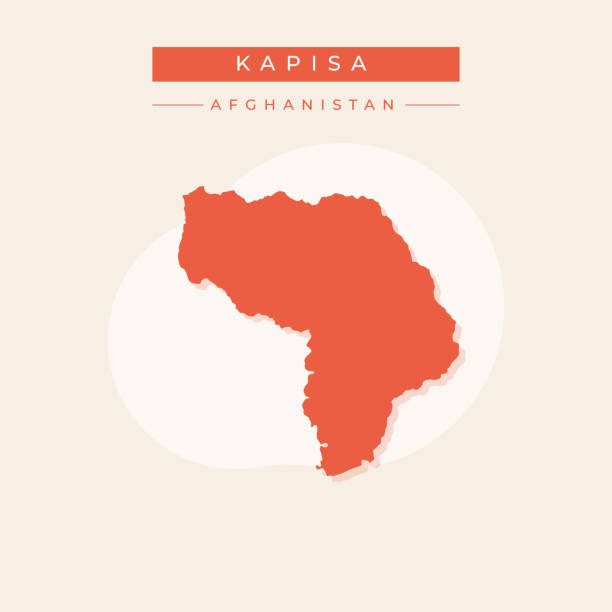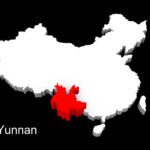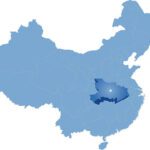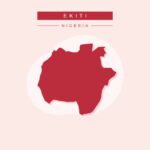The Center for the Scientific Study of Families reports are designed to provide relevant information about the conditional state of families in a specified context. The report provides information such as population, culture, family structure, and family life.
Family reports are an important tool for improving the lives of families. By providing information about the family’s conditional state and context, family reports can help improve communication between families and service providers and lead to better outcomes for families and children.
Introducing Kapisa, Afghanistan
Kapisa is a province in northeastern Afghanistan, located 80 kilometers (50 miles) northeast of Kabul. It is bordered by Panjshir Province to the north, Laghman Province to the east, Kabul Province to the south, and Parwan Province to the west. The province covers an area of 1,842 square kilometers (711 square miles), making it the smallest province in Afghanistan. The capital of Kapisa is Mahmud-i-Raqi. Other major cities in the province include Nijrab, Alasay, and Kohistan.
The terrain of Kapisa is a mixture of high peaks, mountainous river valleys, and shallow central plains. The highest points of the province are in the east, on the borders with Panjshir and Laghman Provinces. The climate of Kapisa is temperate, with hot summers and mild winters.
The population of Kapisa is estimated to be 496,840 people. The majority of the population is Tajik, with smaller populations of Pashtuns, Nuristanis, and Hazaras. The official languages of the province are Dari and Pashto. Kapisa is a relatively poor province, with a high illiteracy rate and a lack of basic infrastructure. However, the province has a number of natural resources, including marble, coal, and copper.
Cultural and Ethnic Diversity
Kapisa, Afghanistan, is known for its diverse cultural and ethnic makeup, with several ethnic groups residing in the province. According to the Naval Postgraduate School, the major ethnic groups in Kapisa include:
Pashtuns: Pashtuns are one of the largest ethnic groups in Afghanistan, and they are also prominent in Kapisa. They are known for their unique Pashto language and adhere to Pashtunwali, a traditional code of conduct.
Tajiks: Tajiks are another significant ethnic group in Kapisa and are known for their Persian language, Dari. They have a rich cultural heritage, including music, literature, and art.
Hazaras: Hazaras are a distinct ethnic group in Afghanistan, often characterized by their Mongolian facial features. They predominantly follow the Shia branch of Islam and speak Dari.
Pashayis: The Pashayi people are an ethnic group found in the eastern regions of Afghanistan, including Kapisa. They have their own language, Pashayi, which belongs to the Indo-Iranian language family.
Uzbeks and others: While Pashtuns, Tajiks, Hazaras, and Pashayis are the primary ethnic groups in Kapisa, there may be smaller communities of other ethnicities, including Uzbeks and Turkmen, among others.
Family Demographics

According to 2014 demographic surveys, the average family size in Kapisa is about 7 people. It is common for multiple generations and extended families to live in the same household. Marriage rates are much higher for women than for men. Among men in the 20–24 age group, 23.8 percent were married, while among women it was 55.4 percent. In many communities, marriages are arranged by the families, and it is common for the bride and groom to have limited input in the decision-making process.
The literacy rate in Kapisa is roughly 31%. There is an increasing number of schools in Kapisa as the government works to improve and encourage education. However, education is not equal for girls and boys. Afghan news reports state that girls are often prevented from attending schools for various reasons. For instance, many girls’ schools are shut down, and some families prefer to keep the girls at home to perform chores.
Conclusion
The family life of Kapisa, Afghanistan revolves around the cultural and ethnic diversity of the region. Each group’s unique traditions and practices contribute to the intricate social fabric that binds families together. Common values of hospitality, respect for elders, and cultural heritage run through the province. As the province continues to evolve, it is essential to recognize and appreciate the complexities of Afghan culture and society, with families serving as the bedrock of resilience and continuity in this ever-changing landscape.





